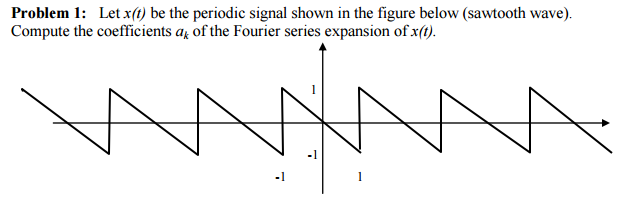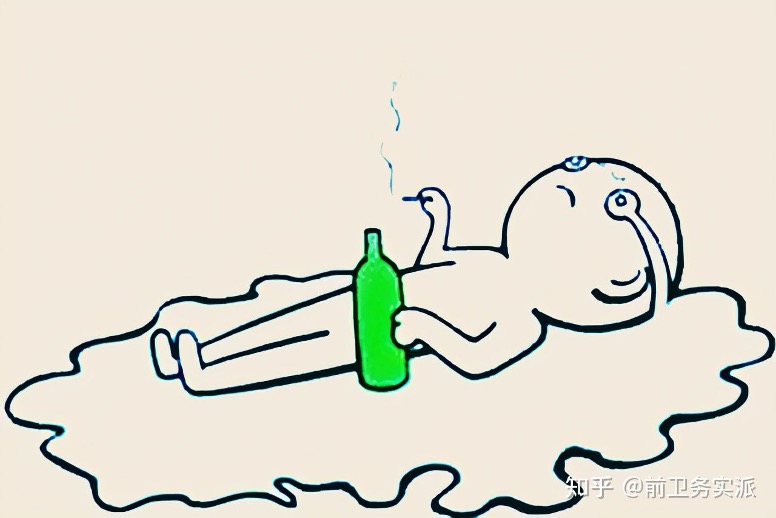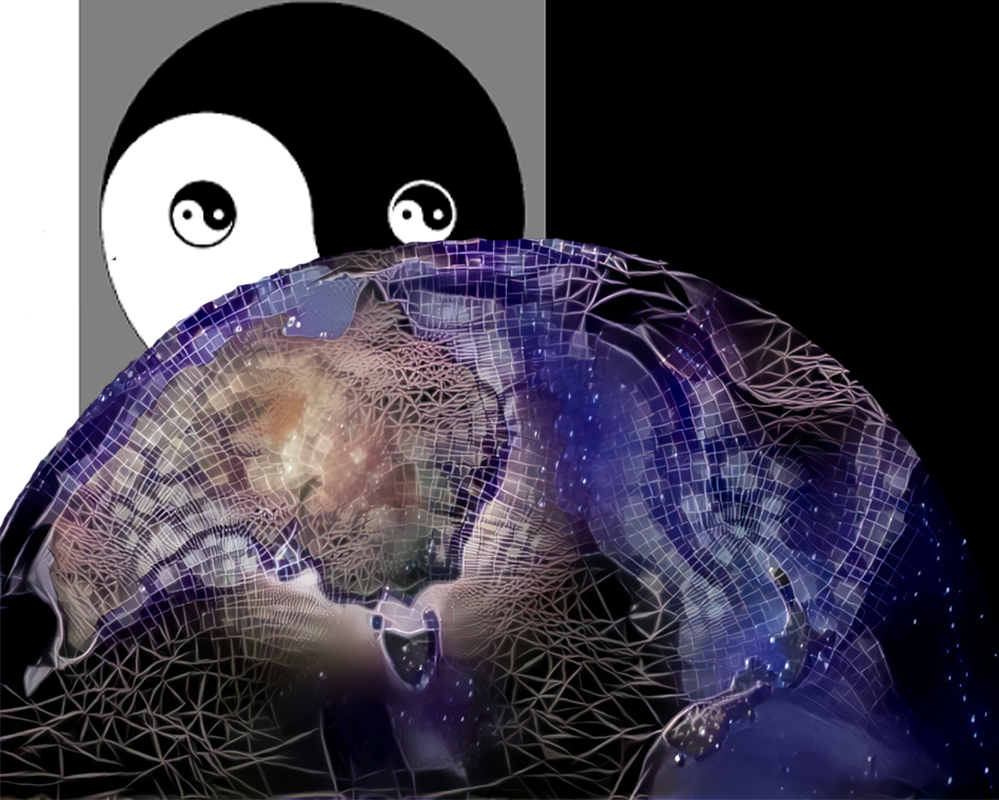
We live in a world of explicate order. Because this order is hard to understand, the events of our lives often seem random, or at least unpredictable. But understanding the implicate order underneath the surface phenomena can give us great insight into how those phenomena will develop. Within this implicate order are the repeating patterns of history.
A sawtooth wave is a pattern like a sine wave, only the rise is much slower and the fall much faster. The sawtooth wave pattern is often seen in Nature, such as when a population slowly grows until it has consumed all available resources, and then plummets sharply. The reverse sawtooth wave is the same except the rise is extremely rapid, and the descent gradual.
Political history follows this pattern of a reverse sawtooth wave. If we imagine that the x-axis is time and the y-axis is the quality of leadership, a distinct pattern can be observed. The quality of political leadership gets gradually worse and worse over time until a revolutionary vanguard of high-quality leaders, excluded from the old system, overthrow that system and institute a new one.
This pattern is so old that Plato was able to write about it 2,300 years ago. Book VIII of Republic recounts the political cycle as observed by Plato. It begins with humanity’s natural rulers – an aristocracy of philosopher-kings – in charge. This leads to an initial state of maximum happiness but, over time, bad decisions are made when it comes to selecting new rulers from among the young people, and the quality of leadership starts to degrade.
The cumulative effect of these bad decisions is that the ruling class comes to think less about wisdom or rectitude and more about honour. This leads to a high-spirited militarism which creates more suffering than the enlightened benevolence of the philosopher-kings. This alone wouldn’t be so bad, if it didn’t lead to further degradation.
The tension between the aristocratic way of governing and what Plato called the timocratic way of governing leads to another step downwards, in the form of oligarchy. Eventually, rulers stop valuing money as an instrument to honour and start valuing it for its own sake. Once money starts determining who may hold public office, oligarchy is in effect.
This isn’t the end. Once money rules, people start using it to indulge their unnecessary desires. This leads to a base form of man taking control – the democratic man. The democratic man follows no higher order. He simply lurches from one whimsy to another. Much like today’s Baby Boomers, the democratic man lives a life of pure indulgence. This has serious consequences, in particular the rise of the tyrannical man.
Once people start living for indulgences instead of virtue, and society loses all discipline, the lowest form of man takes control. This is a man motivated by base lusts and consumed by lawless desires – the tyrant. His spiritual functions are entirely absent. Rule by tyrant leads to immense suffering, especially when contrasted by rule with philosopher-king.
This immense suffering brings about the humility necessary for people to finally listen to the philosopher-kings, instead of indulging their base desires. Chastened by the hangover of their indulgence, the people recognise the philosopher-kings as the most excellent among them, and make them leaders. This aristocratic revolution reinstalls the philosopher-kings as the ruling class, whereupon the cycle begins anew.
In Republic, Plato suggests that this pattern of gradual decline leading to revolution is inevitable, owing to the inevitable imperfections within each successive generation of people. This idea – that perfection existed in the past but decayed as time progressed – is one that the ancient Greeks shared with their co-religionists in ancient India, but not with today’s Westerners.
Most Westerners today adhere to an erroneous view of history that follows a regular sawtooth wave, in which progress is slowly made until resources are exhausted, at which point the system collapses. This regular sawtooth wave pattern is more typical of material phenomena, whereas the reverse sawtooth wave pattern is more typical of spiritual phenomena. It follows that history is fundamentally a spiritual phenomenon.
A modern understanding of political psychology sheds some light on how this could be possible. The potential risk in allowing society to degenerate one step further is small, whereas the potential risk in revolution is massive. Therefore, the temptation is to “kick the can down the road”. The best, most recent example of this phenomenon is the money printing of the last 14 years in response to the Global Financial Crisis.
So the future of Clown World is easy to predict. Our political difficulties, and our suffering, will both further intensify. At some point, people will get so pissed off about it that they decide to risk their lives in revolution. The only people willing to risk their lives so that their kin can avoid suffering are the best of all people, the philosopher-kings.
Before this happens, high-frequency young people will, in ever-greater numbers, reject Clown World in preference of simple lives away from the big cities (presaged today by the Chinese Lie Flat movement). These young people will have realised that money and pleasure do not provide meaningful happiness, following the example of voluntary poverty set by William James and Henry Thoreau. In seeing beyond the trappings of materialism, this cohort will have proven that it is fit to rule.
Away from the degeneracy of the cities, these young people will eventually form their own aristocratic and revolutionary culture, more excellent than anything that has gone before. So when the Globohomo Gayplex collapses, as it always does, these young aristocrats will surge into the halls of power, aided by all those who are glad to see the back of tyranny.
Our current position in Clown World can be understood as a point, found near -1 on the y axis, on a reverse sawtooth wave function. Our currently intense confusion and suffering presages a revolutionary vanguard of philosopher-kings. When the revolution comes and this aristocracy of philosopher-kings are installed as leaders, Clown World will end and a new spiritual golden age will begin.
*
If you enjoyed reading this essay/article, you can get a compilation of the Best VJMP Essays and Articles of 2020 from Amazon for Kindle or Amazon for CreateSpace (for international readers), or TradeMe (for Kiwis). A compilation of the Best VJMP Essays and Articles of 2019, the Best VJMP Essays and Articles of 2018 and the Best VJMP Essays and Articles of 2017 are also available.
*
If you would like to support our work in other ways, please consider subscribing to our SubscribeStar fund. Even better, buy any one of our books!





